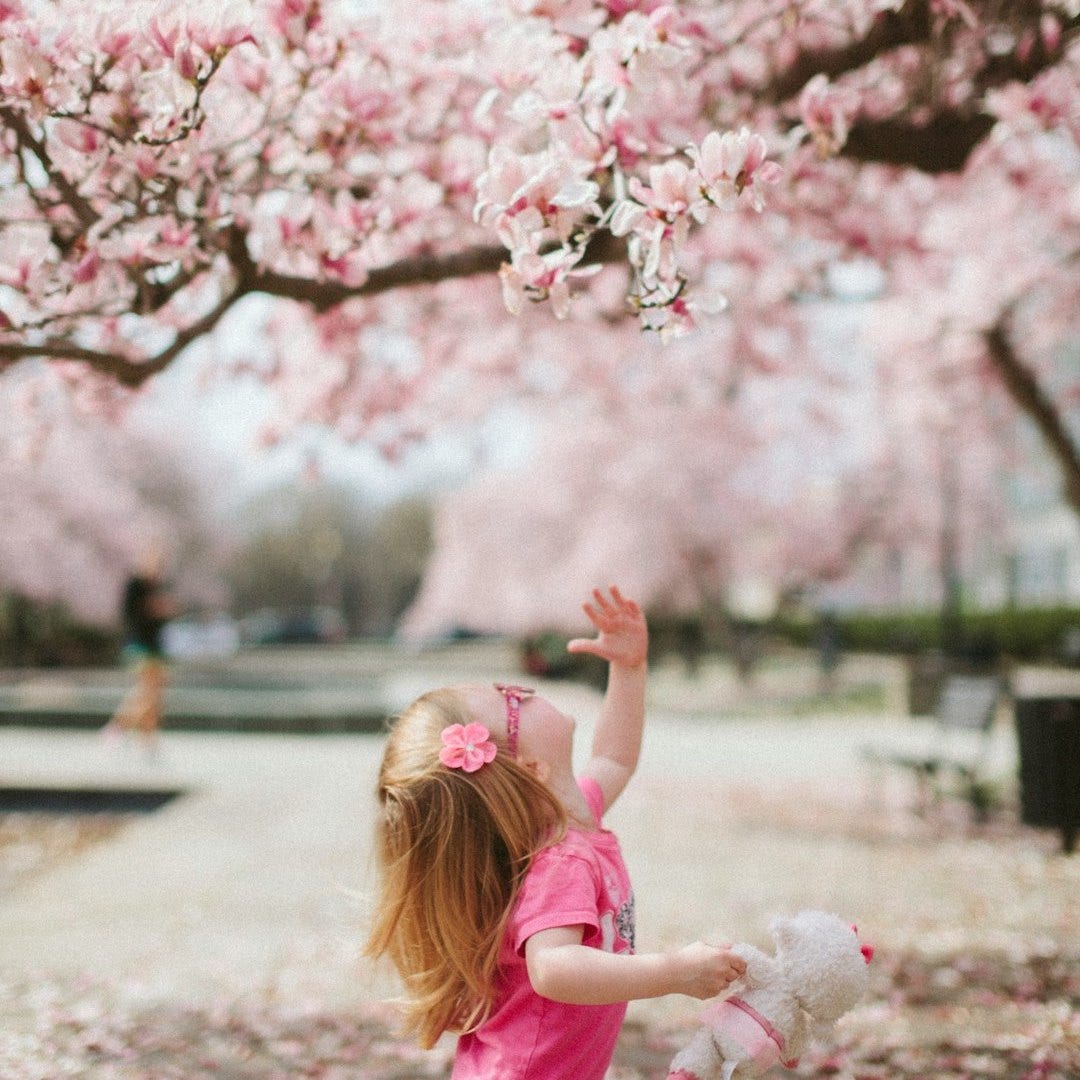You Don't Have to Fit In to Belong: Embracing Truth in Parenting
How to find strength and acceptance in radically inclusive parenting with Sonali Vongchusiri.
On the Mindfully Parenting Atypical Kids podcast, I was joined by the insightful Sonali Vongchusiri, a highly-sensitive mom with three deeply-feeling and strong-willed kids. She also happens to be legally blind and have albinism.
With her heartwarming stories and profound revelations, Sonali teaches us that you don't have to fit in to truly belong.
"I think that's also the reason sometimes we as parents may hesitate to share a label. We want our kids to feel like they're the same, because we want them to belong."
-Sonali Vongchusiri
Keep reading with a 7-day free trial
Subscribe to Atypical Kids, Mindful Parents to keep reading this post and get 7 days of free access to the full post archives.




